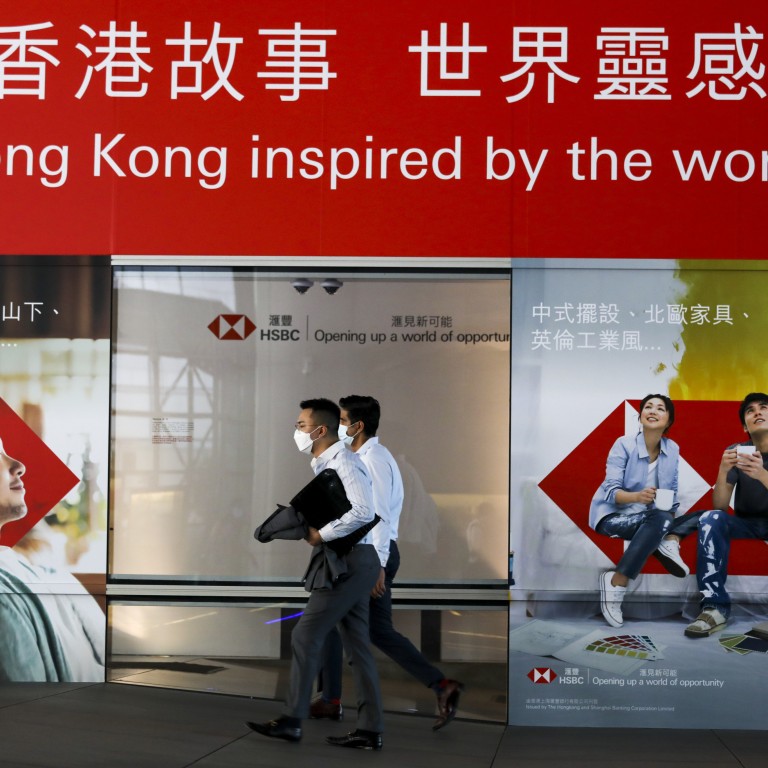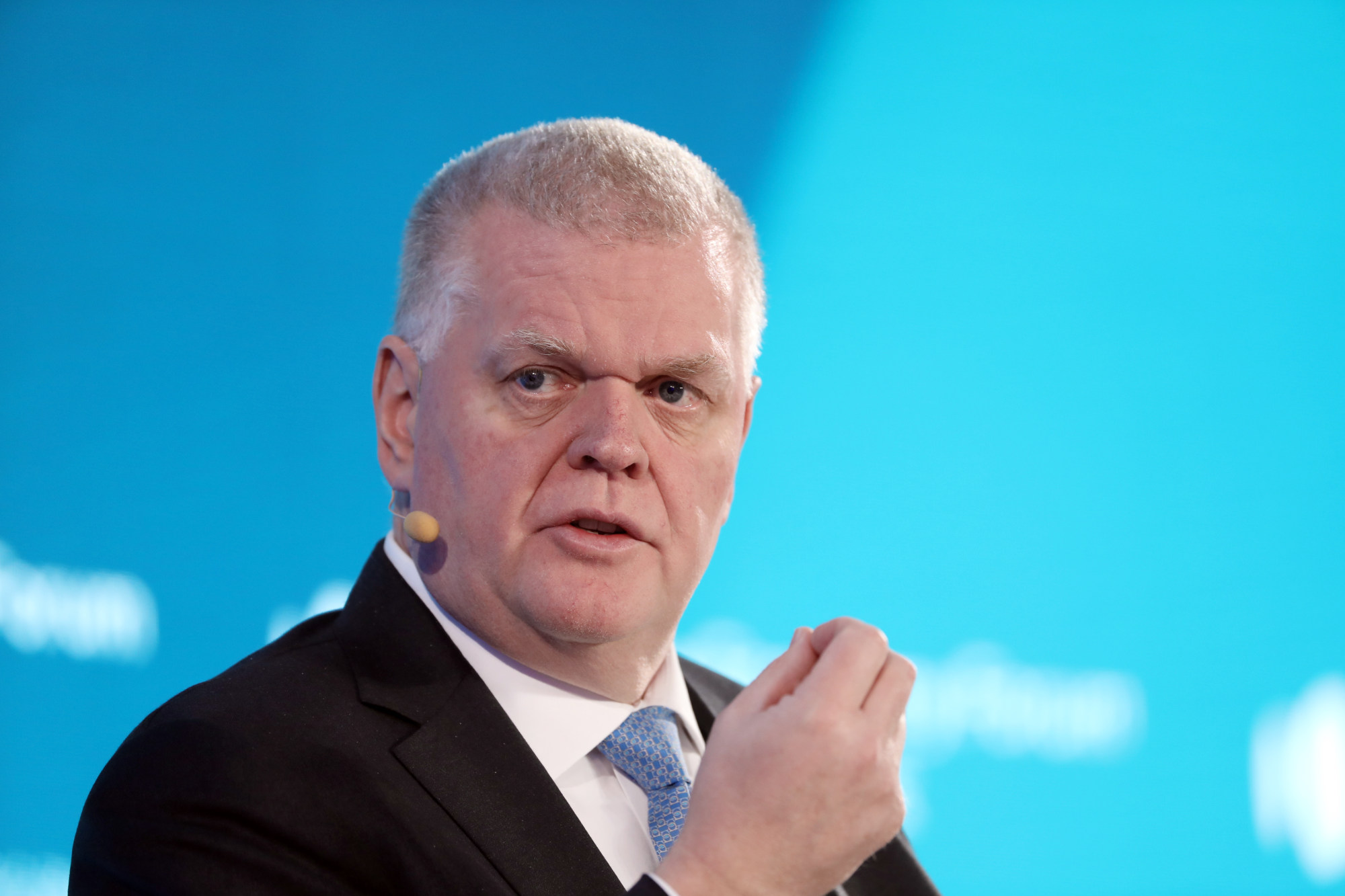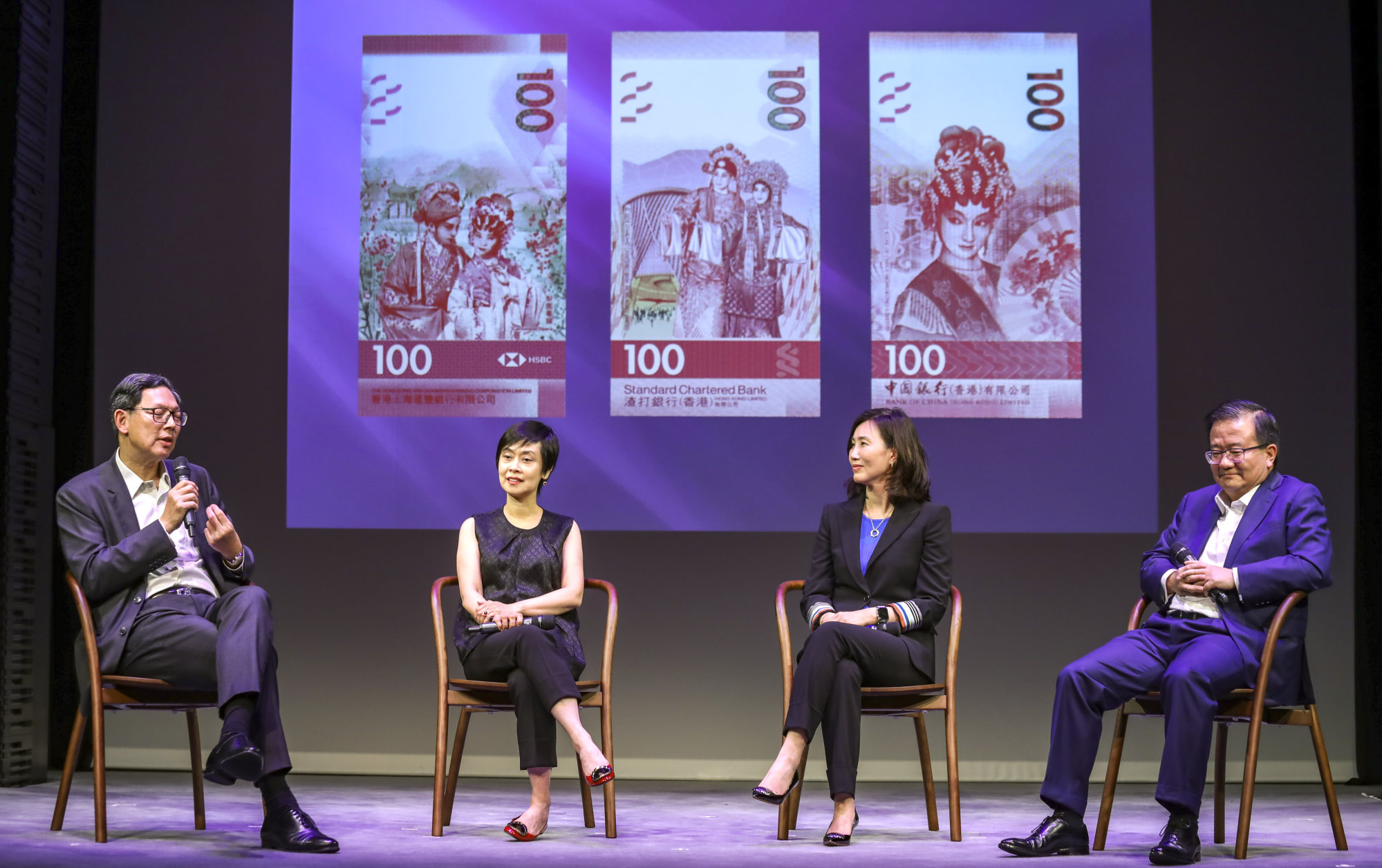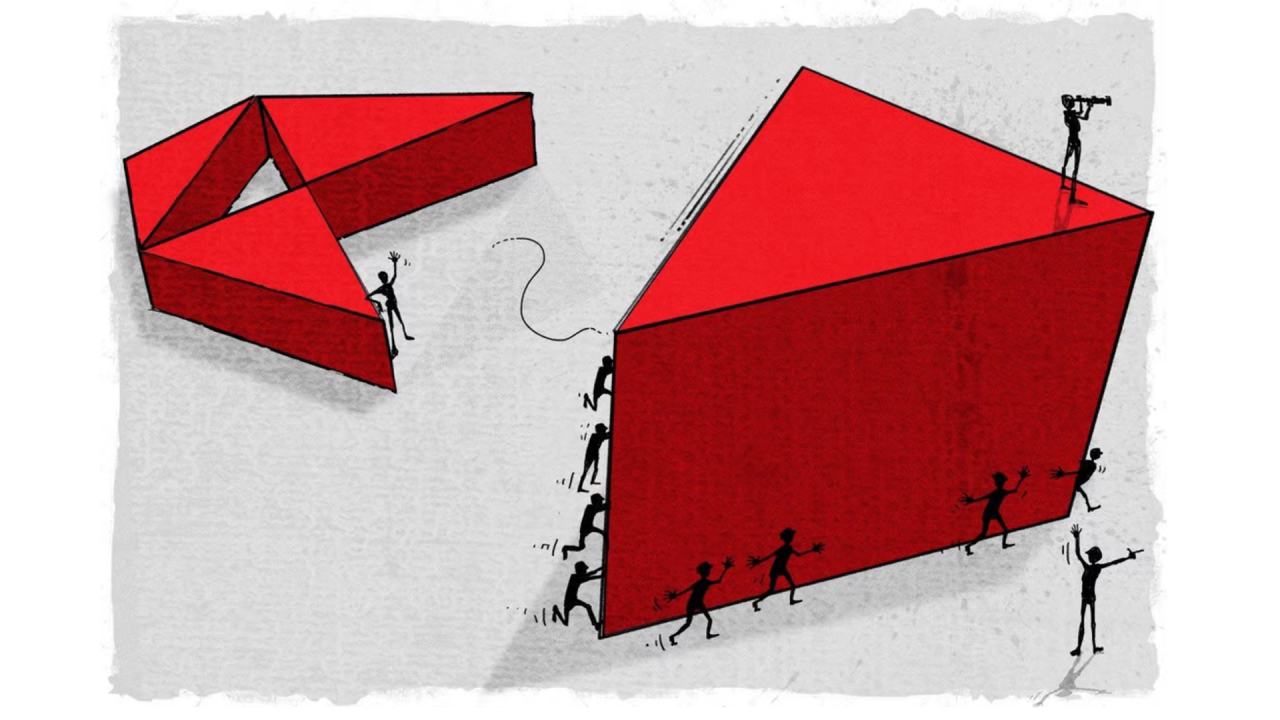
HSBC posts second-quarter surprise as profit jumps unexpectedly by 61 per cent on deferred tax gain, helping bank to beat estimates
- Net profit jumped by 61 per cent to US$5.49 billion in the three months ended June 30, beating the US$2.7 billion expected by analysts
- Revenue advanced by 1.6 per cent to US$12.8 billion, while net interest income rose 13.6 per cent to US$7.5 billion during the period, the London-based bank said
The bank reported an unexpected 61 per cent jump in net profit to US$5.49 billion in the three months ended June 30, beating the US$2.7 billion expected by analysts. Revenue advanced by 1.6 per cent to US$12.8 billion, while net interest income rose 13.6 per cent to US$7.5 billion during the period, the London-based bank said.
The quarterly results included a US$1.8 billion gain on a deferred tax asset from historical losses, which was accelerated as a result of improved profit forecast in its UK business, HSBC said.

“We have no greater strength than our ability to bridge capital and trade flows between the major economic blocks of the world,” HSBC’s chief executive Noel Quinn said during an analysts’ call. “It has been our judgment that alternative structural options will not deliver increased value for shareholders, [but] would rather have a material, negative impact on value. Our current strategy is the fastest and safest way to get to higher returns and dividends we all want to see.”
The market cheered HSBC’s unexpected profit gain and its pledge to restore dividends. HSBC’s shares rose almost 5 per cent to close at HK$51.85 after the second-quarter surprise was announced in Hong Kong, their biggest one-day percentage gain in almost six months, recovering from the pre-result intraday slump of 1.4 per cent.
Net interest margin (NIM), an important measure of a bank’s profitability, rose 15 basis points from last year to 1.35 per cent during the period. It was stronger than the 1.26 per cent in the first quarter.
Pre-tax profit in HSBC’s global banking and markets segment jumped by 36.6 per cent to US$1.68 billion during the quarter. The commercial bank’s pre-tax profit rose 10.2 per cent to US$1.72 billion from a year earlier.
Growth in the bank’s wealth and personal banking segments slowed, with pre-tax profit dipping by 1.7 per cent to US$1.77 billion.
Hong Kong – the “H” in HSBC’s name and the bank’s biggest market – also took a hit, with pre-tax profit falling 16 per cent to US$1.47 billion due to a slower-than-expected recovery from the city’s Covid-19 outbreak. Across Asia, HSBC’s pre-tax profit rose by 9.7 per cent to US$3.49 billion.

Hong Kong’s economic slowdown was also felt at Hang Seng Bank, HSBC’s 62.1 per cent unit and one of the city’s biggest lenders, which reported a 46 per cent drop in first-half net profit to HK$4.7 billion (US$599 million).
The decline resulted from a significant drop in insurance income due to the market rout amid interest rate rises in the first half, while mainland China’s real estate debts also led the bank to increase its expected credit losses, said Hang Seng’s chief executive officer Diana Cesar, in a statement.
“There is no denying that the first half has been particularly difficult,” she said. “The fifth wave of the pandemic continued to disrupt trade and business activities.”
Where are the white knights in China’s US$1.7 trillion property sector?
Global geopolitical tensions also created challenges for all businesses, she said. “These have inevitably impacted financial performances,” Cesar said.
HSBC said it would take an additional US$142 million in credit impairments for potential soured loans in its Chinese commercial real estate portfolio amid growing concerns about China’s economic slowdown and continued financial pressure on the property sector, a major driver of the mainland economy.
Standard Chartered and HSBC each took US$160 million of credit impairments for potential soured loans related to their mainland commercial real estate books in the first quarter. Standard Chartered took US$77 million in additional provisions in the second quarter.
HSBC faces break-up dilemma as No. 1 investor pushes for change
HSBC has just under US$20 billion in exposure to the China commercial real estate market, with about US$12 billion in its offshore loan portfolio, said the bank’s chief financial officer Ewen Stevenson. The bank has taken about US$1 billion in provisions related to the offshore portfolio, Stevenson said.
“We’re some ways away from saying we’re through the troubles of Chinese commercial real estate market. I think we should expect further provisions in the second half. I think the policy actions the Chinese government is taking are clearly helpful,” he said during a conference call. “Globally, it’s the portfolio we’re paying the most attention to at the moment. We’re managing it and hopefully conditions will improve in the second half.”
HSBC said it would pay an interim dividend of 9 US cents a share, and begin paying dividends quarterly again in 2023. Analysts expect the bank to pay a dividend of 28 US cents a share for full-year 2021, according to market consensus.
Ping An’s push to split HSBC fails to resonate with bank’s investors
HSBC is hosting an informal meeting of shareholders in Hong Kong on Tuesday, where several smaller shareholders are expected to advocate for an Asian spin-off.
Additional reporting by Enoch Yiu


